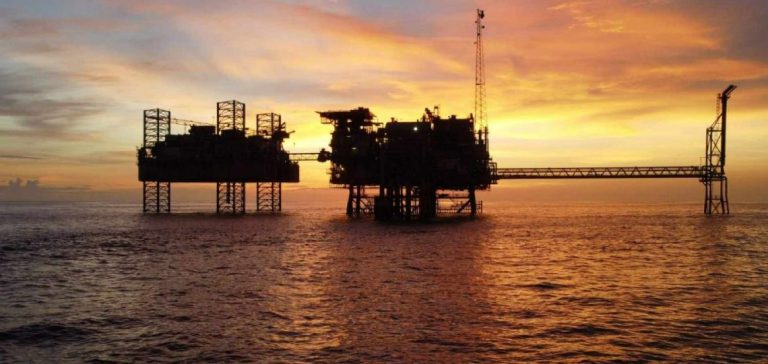Gabon and Equatorial Guinea, two West African nations, are currently presenting their case before the International Court of Justice (ICJ) to resolve a territorial dispute dating back to the 1970s. The disagreement centers around three islets—Mbanié, Cocotier, and Conga—located in a maritime zone potentially rich in hydrocarbons. This conflict is part of a broader context of energy competition, where both nations aim to solidify their regional influence by securing natural resources.
The dispute’s origins lie in a 1900 agreement between France and Spain, the colonial powers governing Gabon and Equatorial Guinea at the time. This document was intended to define maritime boundaries between the territories but soon proved insufficient. In 1974, a new agreement, known as the Bata Convention, was reportedly signed to clarify the situation, yet its validity is disputed by Equatorial Guinea. According to Malabo, the document presented by Gabon during bilateral negotiations in 2003 is merely an unauthenticated photocopy, raising doubts about its official status.
Energy and Strategic Implications
The core issue involves maritime boundary delineation, but the stakes extend well beyond territorial sovereignty. The disputed maritime zone is believed to contain significant hydrocarbon reserves. Control over these resources could not only transform the economic prospects of both nations but also redefine their strategic position in Central Africa. Gabon, which currently occupies the islets, asserts its sovereignty based on the Bata Convention, while Equatorial Guinea accuses Libreville of illegal occupation since 1972.
Domingo Mba Esono, Equatorial Guinea’s Deputy Minister of Mines and Hydrocarbons, stated before the ICJ that Gabon has never been able to produce an original copy of the Bata Convention. For its part, Gabon maintains that, even as a copy, the document reflects a formal agreement between the two states. The court must now determine the validity of these pieces to establish the legal framework for this conflict.
A Recourse to International Justice to Prevent Escalation
Mindful of the strategic importance of the dispute, both countries chose to bring the matter to the ICJ in 2016, hoping for a peaceful resolution. By turning to international justice, they aim to avoid an escalation of tensions. Gabon and Equatorial Guinea have explicitly asked the judges to rule on the legality of the contested documents, without deciding directly on the issue of sovereignty.
The hearings in The Hague mark a pivotal stage for these two West African states. Gabon, set to present its arguments in the coming days, could see its position weakened if the ICJ sides with Equatorial Guinea. Conversely, if the Bata Convention’s validity is upheld, Libreville would strengthen its control over these strategic islets.
Potential Repercussions for Regional Cooperation
The ICJ’s decision could have implications beyond maritime boundaries. If the court rules in favor of Gabon, Equatorial Guinea may be tempted to challenge other border agreements, which could reignite tensions in a region already marked by territorial disputes. Conversely, if the ICJ sides with Malabo, Gabon could be forced to relinquish the territories, impacting its energy ambitions.
Against this backdrop, both countries are seeking to minimize the risk of confrontation. Equatorial Guinea’s representatives emphasized that the priority is to reach a sustainable agreement that could serve as a basis for future cooperation, particularly in the joint exploration of oil resources. This cautious approach is crucial to preserving regional stability and attracting foreign investment in the hydrocarbon sector.






















